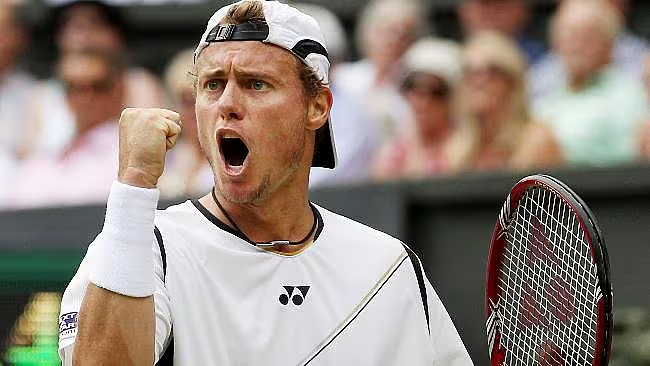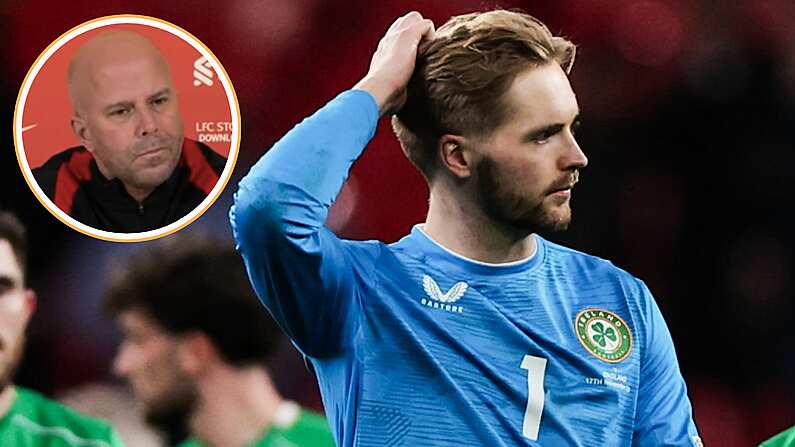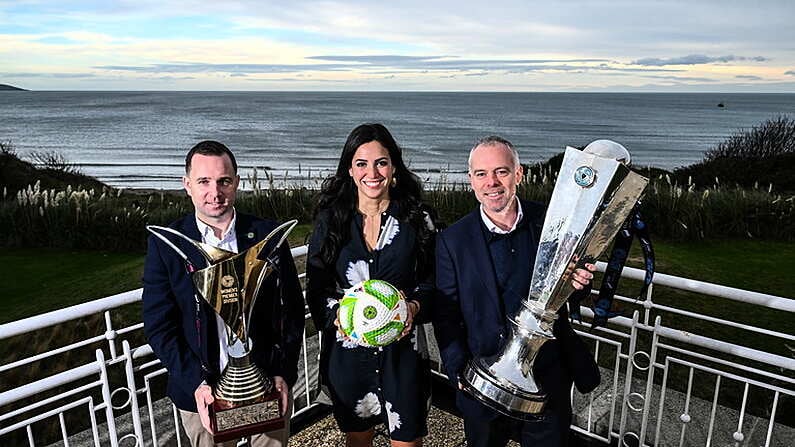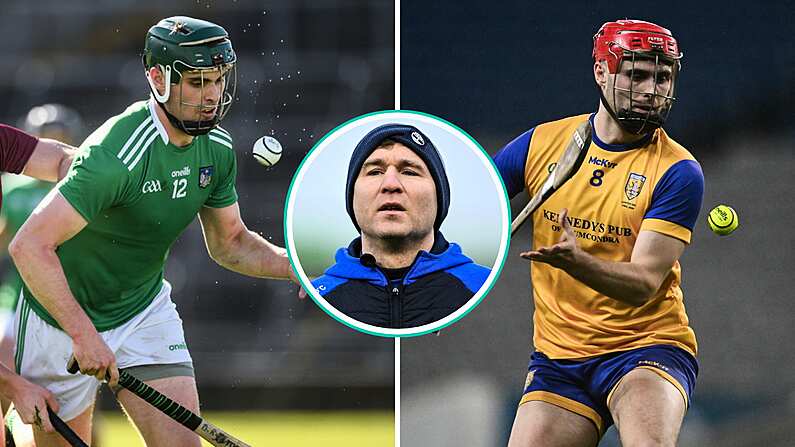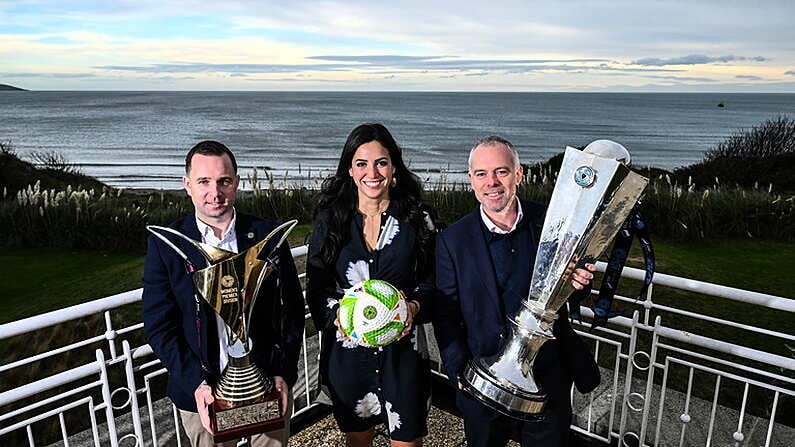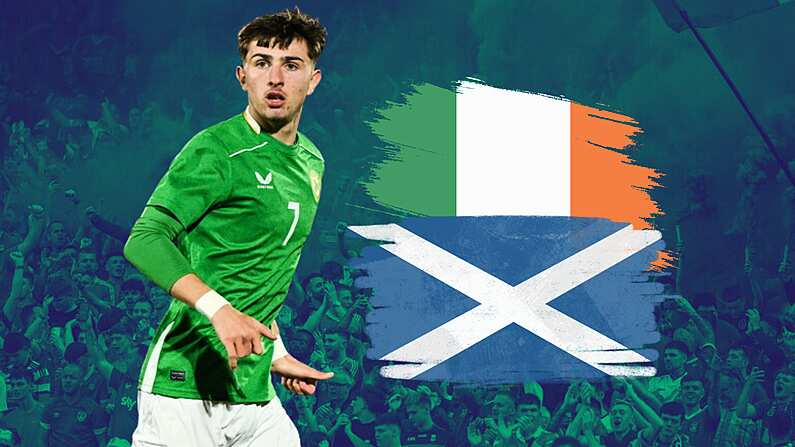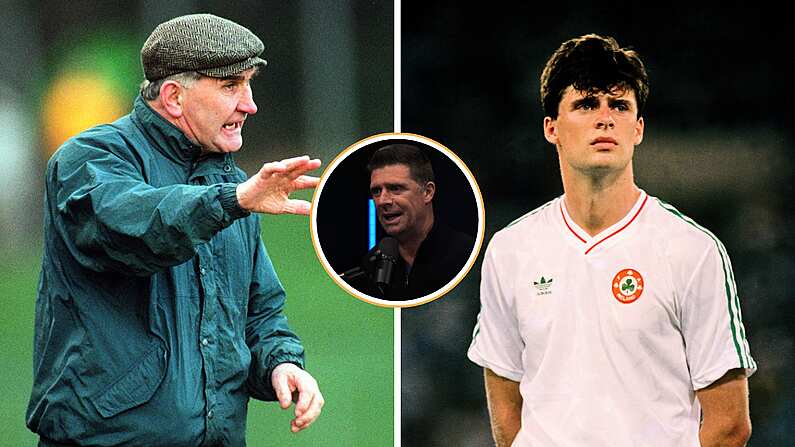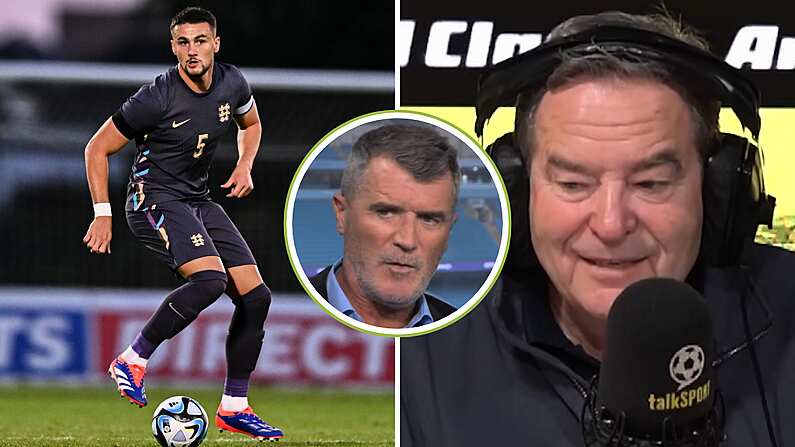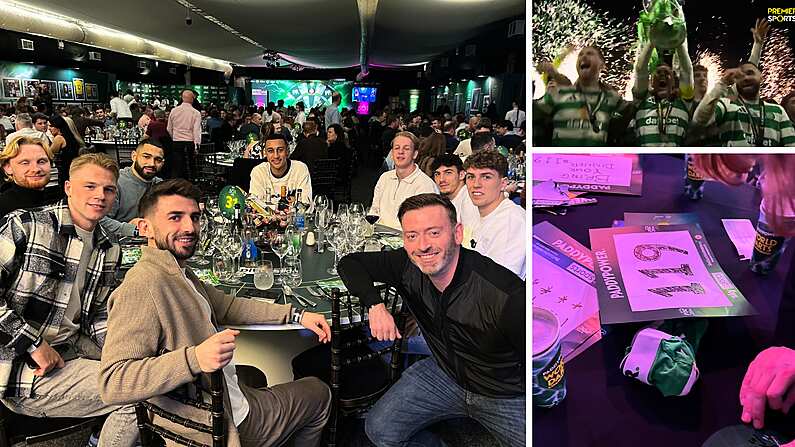For the second season in a row, the reigning Premier League champions are putting together an abysmal defence, even if this one is less unexpected than last season's.
The Leicester City board declared their "unwavering support" in Claudio Ranieri today as his fairytale champs and Champions League high-flyers flirt with relegation. Ever since Doug Ellis sacked Ron Atkinson the day after issuing such a message, the vote of confidence has been regarded as a harbinger of doom. Basically, a stop-gap utterance until a successor can be found and a P45 typed up.
But where does it sit in the pantheon of the all-time worst title defences.
Leeds United 1992-93
Within a few short years of this Leeds United's 1991-92 triumph, it was difficult to believe it had ever happened. As Alex Ferguson's Manchester United side turned into a nervous wreck in sight of the finish line, Leeds stole in to claim the League title in only their second year back in the top flight.
They had a strong midfield, comprising of Gary McAllister, Gary Speed and David Batty. Rod Wallace alternated being playing as a striker and drifting out wide on the right. Tony Dorigo earned an England call-up. Up front, they relied strongly on the worthy target man Lee Chapman.
Posterity, however, has decided that Lee Chapman wasn't a striking enough emblem for this success and has decided to overstate the role of the much more box office Eric Cantona, who only scored three goals in seven starts that season.
One of the main reasons this victory, to paraphrase Rob Smyth, has aged so badly, was on account of the manager who drove it.
Even in the 1990s, Howard Wilkinson, the most unglamorous manager ever to lift the English league title, seemed to belong to a different era.
Sargent Wilko, as his nickname suggested, favoured iron-clad discipline and players who were willing to work and conform to his way of thinking (hence, his inevitable falling out with Eric Cantona).
They were knocked out of the re-branded Champions League by Rangers before the knockout stage (the competition was still a knockout until it was whittled down to the final eight teams in 92-93).
They languished in the bottom half of the table from the off and eventually finished up in 17th place.
Remarkably, they did not win a single away game all season.
Italy 2010
World Cups are ripe for dramatically poor title defences due to the amount of time that elapses between tournaments. Spain's attempt to defend their World Cup title last year was particularly desperate. Like all empires, their collapse was traumatic. France's made a miserable fist of attempting to defend their title in 2002, where they failed to score and collected only one point.
However, the worst World Cup defence of all goes to Italy in 2010, who managed to finish bottom of a group that was considered to be a gimme beforehand. They even contrived to finish below New Zealand.
South Africa saw the Italians at their most mystifying and self-defeating. A team with more than enough talent to make an impact on the competition were brought low by their own pathological negativity. Lippi, deeply distrustful of mercurial individualists, left both Cassano and Balotelli at home.
To quote James Richardson, Lippi's fanatical distrust of 'big colouful personalities left him with a team with zero personality.
The campaign gave us one remarkable stat which is rather damning of sub keeper Cagliari's Federico Marchetti. Italy allowed six shots on their goal across the three games and conceded five goals.
In typical Italian style, they only decided to show what they were capable of when they were at death's door. Fabio Quagliarelli, ignored by Lippi for two and half matches, allowed us a dramatic finale with a sumptuous chip which made it 3-2.
But it was too late.
Ireland 1986
Cruel necessity has forced Liverpool fans to adopt the defiant slogan 'Form is temporary, Class is permanent' in the modern era. In truth, the maxim is somewhat undermined by the length of time the Kop has been trotting it out. But no team did so much to prove its worth than the Irish rugby team of the 1980s, whose form oscillated wildly across the decade.
Rugby union being a slightly more off-the-cuff, shambolic affair in those years, teams would arrive in early spring and either hit form or not hit form.
And none were more erratic than Ireland. Between 1981 and 1986, Ireland won two championships outright (although people tended not talk of 'championships' at that time, focusing instead on the Triple Crown), shared another championship, and were whitewashed in the other three years.
Ireland scooped another Triple Crown in the 1985 season, with only a draw against France at Lansdowne Road preventing the Grand Slam. The triumph was flanked on wither side by two successive wooden spoons.
Proper wooden spoons too. The historical wooden spoon. Not just a case of finishing bottom. Actually losing every match. It barely needs to be pointed out that their worst defeat occurred in the Parc des Princes where they lost 29-9.
READ HERE: Alexis Mac Allister Can Trace His Irish Ancestry To A Cottage In Donabate
Tyrone, 2006
In the past twenty years, only Kerry in 2007 have succeeded in winning two All-Irelands on the bounce.
Back in that simple, uncomplicated time when do-or-die knockout games were a feature of early summer, many All-Ireland champions, robbed of their hunger by the previous year's exploits, would meekly exit the championship early doors before the casual fan had realised the season had even started.
In the final pre-back door championship, for instance, Meath were dumped out of the championship by Offaly in a very low scoring game in early June. Title defence over and the season hadn't even started properly.
Since the back-door campaign, winning back to back hasn't gotten any easier. Donegal's 2013 effort is particularly memorable for the humiliating nature of their eventual exit. But at least they reached a provincial final and an All-Ireland quarter-final.
Tyrone's attempt to defend their title in 2006 is possibly the most abject of them all. In their Ulster opener, Tyrone were beaten by Derry on a score of 1-8 to 0-5.
They made for the qualifiers where low flying Louth managed to take them to a replay. After Tyrone survived to win the second game by five points, they met Laois in Round 2. They lost on another miserable scoreline of 0-9 to 0-6.
They exited the championship on 8 July. In their two losses, they mustered a combined tally of 0-11. In just two years time, they would be back.
Lleyton Hewitt, 2003
After the Pete Sampras era ended and before the Roger Federer era began, Lleyton Hewitt won Wimbledon in 2002, beating Argentinian David Nalbandian in the final.
A diminutive Aussie, with a cawing, high-pitched voice, Hewitt never went anywhere without his parents. Every point won was greeted by a fist clench and a glance up at his mother and father in the royal box.
His defence of the title ended before most people knew Wimbledon 2003 had started on the Monday morning, when he was beaten by a poor man's Goran Ivanisevic, a vampiric looking Croatian called Ivo Karlovic.
David Toms, 2002 USPGA
David Toms was one of the many generic American golfers to unnecessarily prolong Phil Mickelson's reign as 'the best player never to win a major'.
He shot a very low score of 265 to beat Phil by a stroke and win the 2001 USPGA at Atlantic club.
The following year, he teed off in a prime time slot with Tiger Woods and Mickelson and proceeded to shoot a disastrous 77. Golf being the unpredictable business that is, there have been numerous poor defences of championships but the highly public nature of Toms' failure - owing to his playing partners - helps it stand out. The TV cameras didn't bother with him during his 2nd round and the news of his missed cut was barely reported.
The story moved on to Rich Beem and Tiger Woods.


